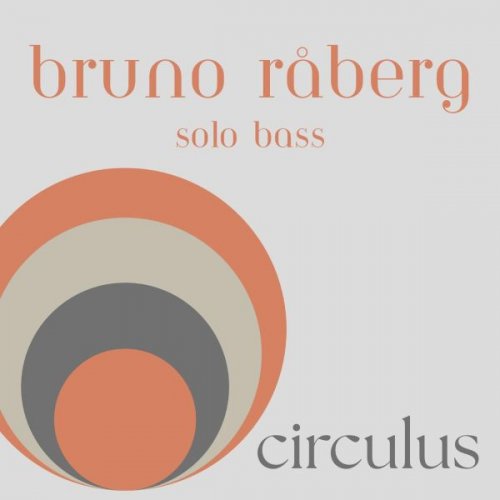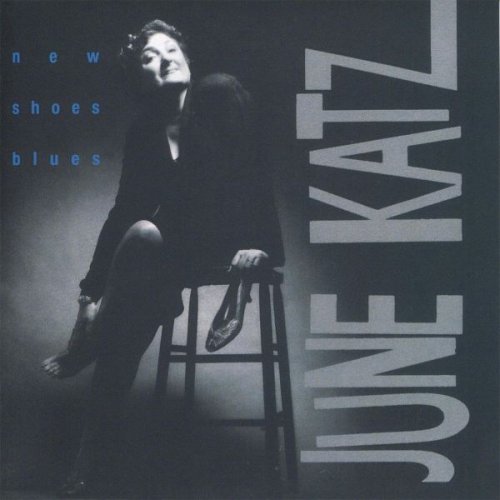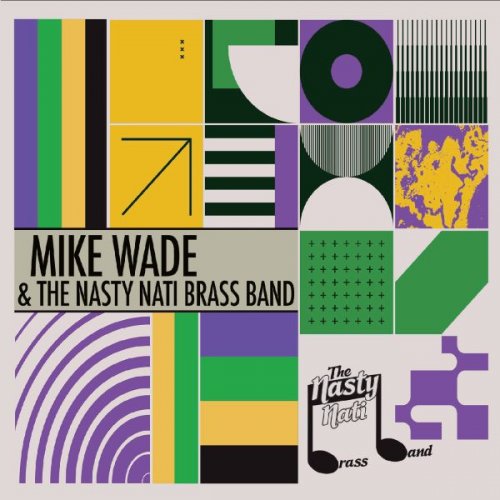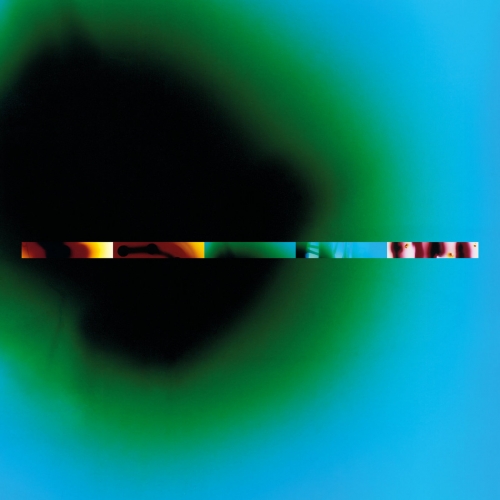Mary Halvorson and Jessica Pavone - Thin Air (2009) [FLAC]

Artist: Mary Halvorson, Jessica Pavone
Title: Thin Air
Year Of Release: 2009
Label: Thirsty Ear
Genre: Modern Jazz, Beyond Jazz
Quality: FLAC (tracks+.cue, log)
Total Time: 36:38
Total Size: 200 MB
WebSite: Album Preview
Tracklist: Title: Thin Air
Year Of Release: 2009
Label: Thirsty Ear
Genre: Modern Jazz, Beyond Jazz
Quality: FLAC (tracks+.cue, log)
Total Time: 36:38
Total Size: 200 MB
WebSite: Album Preview
01. For You or Them (4:19)
02. Thin Air (7:04)
03. Juice (4:39)
04. Barber (3:33)
05. Sinking (5:23)
06. Ten Years (2:52)
07. Lullaby (6:02)
08. ...and Goodnight (2:46)
The music of guitarist Mary Halvorson and violist Jessica Pavone is immediately galvanizing but comfortable, unpredictable yet composed, powerful yet subtle, vulnerable and courageous. In the rarified air of duet recordings where there are few places to hide, the music's context becomes a powerful resonator for artistic values. Thin Air is the third release by the duo, and is a rich document of the evolutionary progress their music has reached since the release of their first effort, Prairies (Lucky Kitchen, 2005).
This music is refined and carefully distilled much like a fine single malt Scotch from the rugged shores of the Highlands. With each listen there is more depth, subtlety, complexity, and harmonic hues to ponder and enjoy. Overall, there is a consistently stark and revealing quality to this music that is very attractive, even though every piece has its own distinctive nature and is driven by an individual logic. Nothing has been wasted or added to unnecessarily within the individual pieces or, conversely, to the whole.
From a production point of view, Thin Air is reminiscent of the work Robert Fripp's "audio verite" style with the singing group, The Roches, and with Daryl Hall on his Sacred Songs (RCA, 1908) solo album. From a compositional point of view, there is a shadowy likeness to David Sylvian's Blemish (Samadhi Sound, 2003), where he added vocals to Derek Bailey's pre-recorded solo guitar tracks. Another historic reference might be found in the interpretations of Li Po poems recorded by Harry Partch. Halvorson and Pavone follow a similar orbit with their vocal approach in the way they wrap the harmonies of their voices tightly around their instruments' sonorities. Half the tunes on the album feature singing, and the words and harmonies add a whole other dimension to the character of the music.
Both musicians were students of and are now collaborators with Anthony Braxton since finishing their studies at Wesleyan University, and the iconic reedman/composer's influence and spirit permeate the music. In many ways, Thin Air could easily serve as a companion piece to Braxton's 3 Compositions of New Jazz (Delmark, 1968). On both documents there is a sparse purity of melodic and rhythmic line, where the simple nakedness of the music allows the works to stand on their own. Therein lies the courageous and vulnerable nature of the music.
Pavone employs a straightforward approach to the viola, whereas Halvorson makes studied use of various effects in conjunction to her regular guitar tone. Both musicians seem to place a great deal of attention to their instrument's tone, attack, and articulation. This relationship imbues the music with an intimacy that is provocative and disarming.
Thin Air is an invitation to visit Mary Halvorson and Jessica Pavone's private world, and they prove to be very good hosts. This is an eminent document by two powerful new voices of the 21st century.
This music is refined and carefully distilled much like a fine single malt Scotch from the rugged shores of the Highlands. With each listen there is more depth, subtlety, complexity, and harmonic hues to ponder and enjoy. Overall, there is a consistently stark and revealing quality to this music that is very attractive, even though every piece has its own distinctive nature and is driven by an individual logic. Nothing has been wasted or added to unnecessarily within the individual pieces or, conversely, to the whole.
From a production point of view, Thin Air is reminiscent of the work Robert Fripp's "audio verite" style with the singing group, The Roches, and with Daryl Hall on his Sacred Songs (RCA, 1908) solo album. From a compositional point of view, there is a shadowy likeness to David Sylvian's Blemish (Samadhi Sound, 2003), where he added vocals to Derek Bailey's pre-recorded solo guitar tracks. Another historic reference might be found in the interpretations of Li Po poems recorded by Harry Partch. Halvorson and Pavone follow a similar orbit with their vocal approach in the way they wrap the harmonies of their voices tightly around their instruments' sonorities. Half the tunes on the album feature singing, and the words and harmonies add a whole other dimension to the character of the music.
Both musicians were students of and are now collaborators with Anthony Braxton since finishing their studies at Wesleyan University, and the iconic reedman/composer's influence and spirit permeate the music. In many ways, Thin Air could easily serve as a companion piece to Braxton's 3 Compositions of New Jazz (Delmark, 1968). On both documents there is a sparse purity of melodic and rhythmic line, where the simple nakedness of the music allows the works to stand on their own. Therein lies the courageous and vulnerable nature of the music.
Pavone employs a straightforward approach to the viola, whereas Halvorson makes studied use of various effects in conjunction to her regular guitar tone. Both musicians seem to place a great deal of attention to their instrument's tone, attack, and articulation. This relationship imbues the music with an intimacy that is provocative and disarming.
Thin Air is an invitation to visit Mary Halvorson and Jessica Pavone's private world, and they prove to be very good hosts. This is an eminent document by two powerful new voices of the 21st century.








